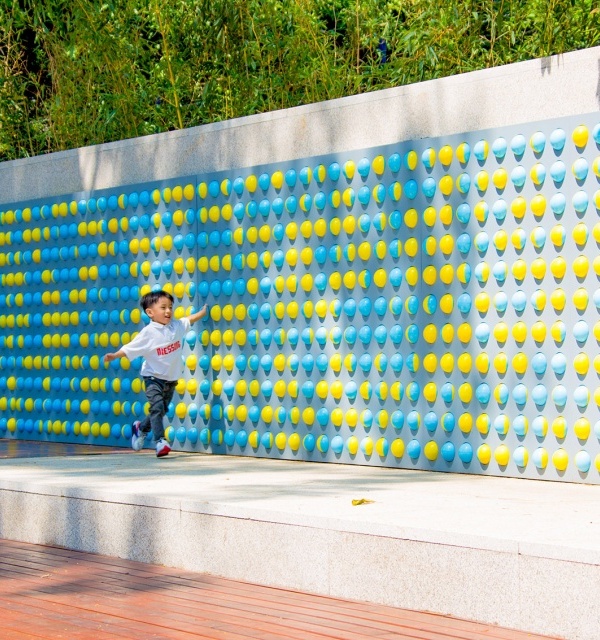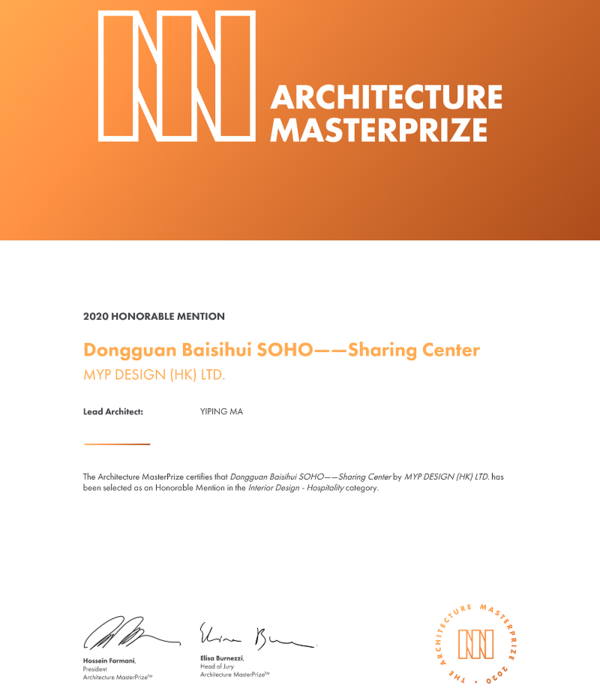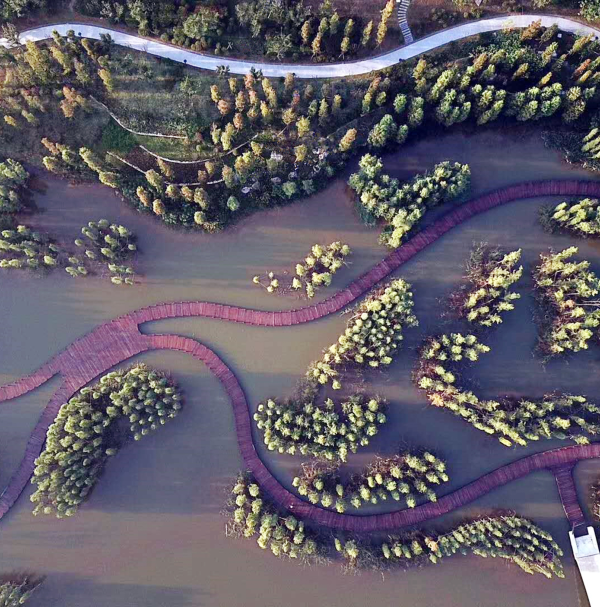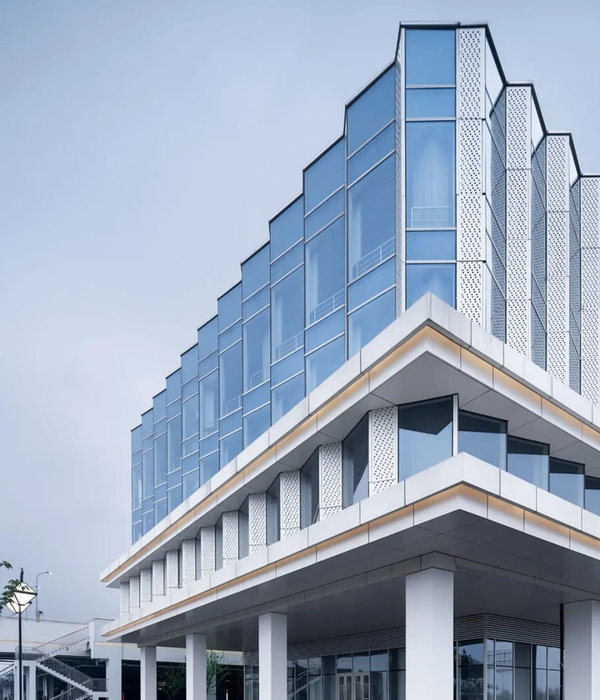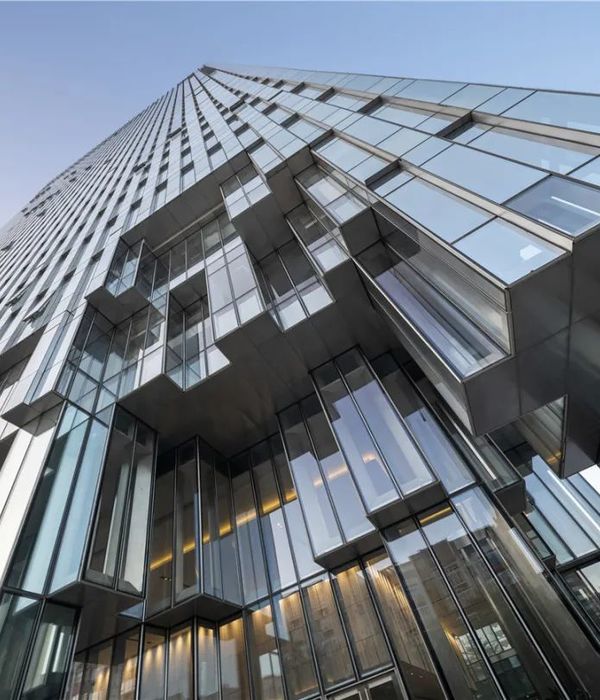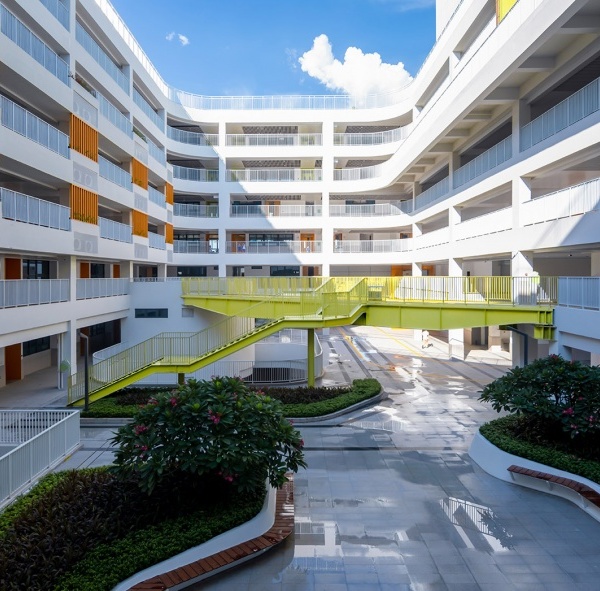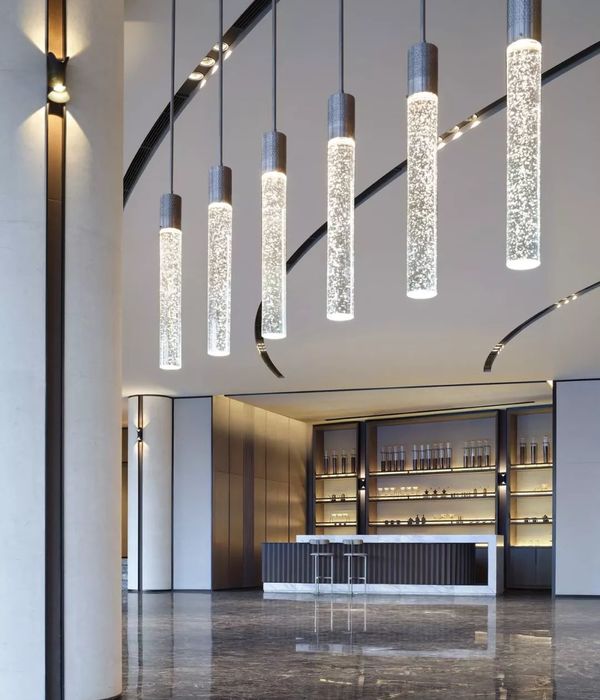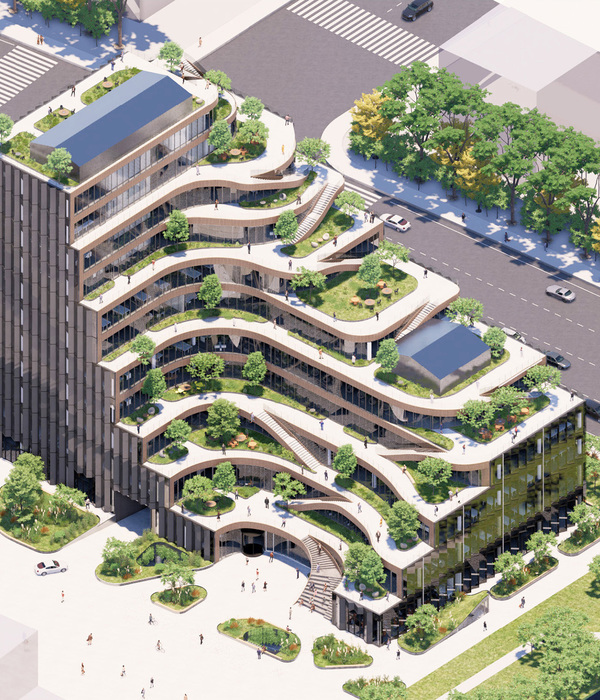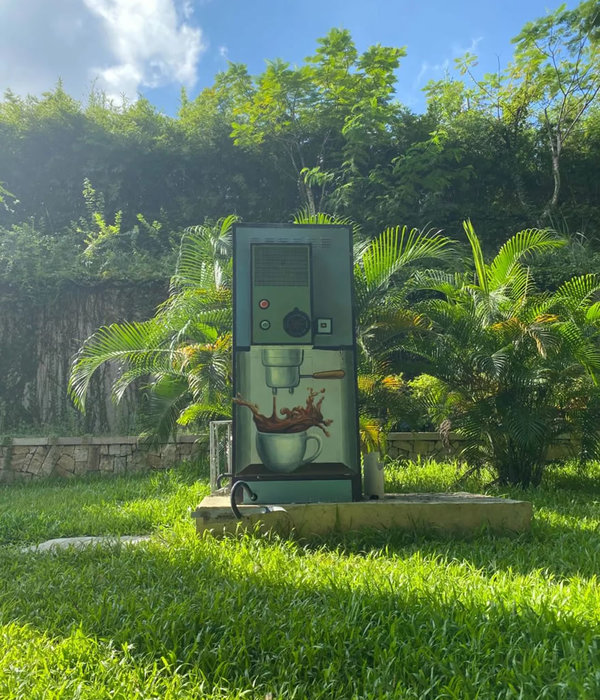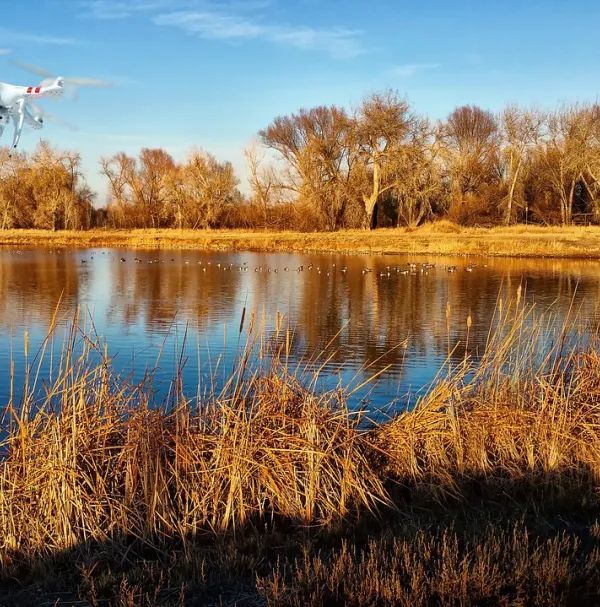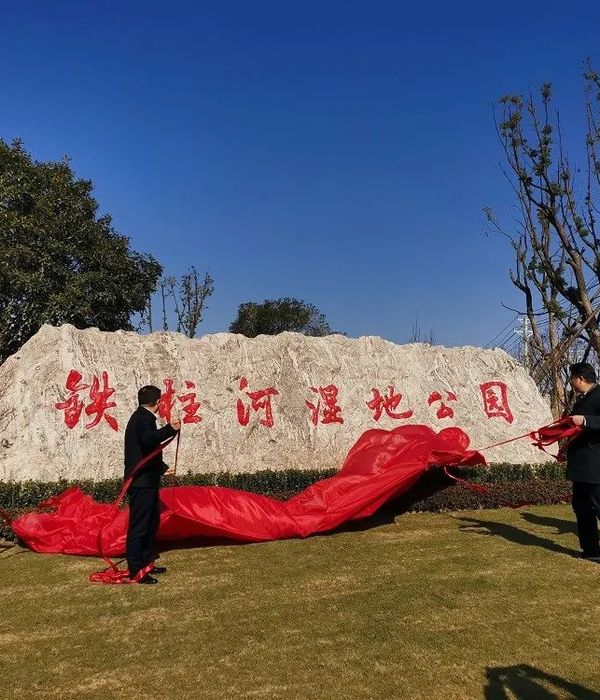The bridge connects pedestrian and cyclist trails situated along both banks of the River Nitra in a city of the same name. Due to local constraints the bridge structure with a very slender deck was required. Also, any load bearing members, such as pylons and cables, situated beyond the sidewalks were not allowed. Therefore, an economical tied arch structure, which represents a most logical solution, has been chosen. To allow an un-disturbing view of a historic centre of the city, the rise of the arches is as small as possible. To open the space and to invite using the bridge, the deck is suspended on outwards inclined arch ribs. In this way the river bridging received a modern, dynamic appearance.
The bridge deck is in a crest curve with a maximum longitudinal slope of 5.0%. The span length is 49.50 m, the free width between the railings is 4.00 m. Since the bridge deck is fixed connected with the end abutments supported by micro-piles, the structure forms an integral structural system. The deck, which is composed of two steel edge girders stiffened by floor beams and precast concrete slab members, is on its edges suspended on steel arch ribs of trapezoidal box sections. To avoid cracks in the concrete deck, the structure is longitudinally post-tensioned by prestressing cables situated in the boxes of the edge girders.
To eliminate the erection towers in the riverbed, the steel deck assembled of edge girders and floor beams was temporary stiffened by ties situated under the edge girders. After the deck was erected, the steel arches were placed and precast slab members were erected. When the joints between the members were cast and prestressed, the deck was suspended on the arch ribs. The function of the bridge was verified by static and dynamic loading tests.
The steel structure is painted white, the walking surface is illuminated by LED lights situated in the hand rails. Both, the arches and edge girders are illuminated by LED lights situated at their bottom flanges.
▼项目更多图片
{{item.text_origin}}

